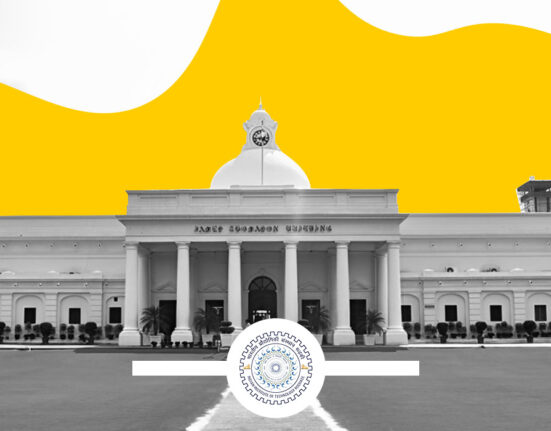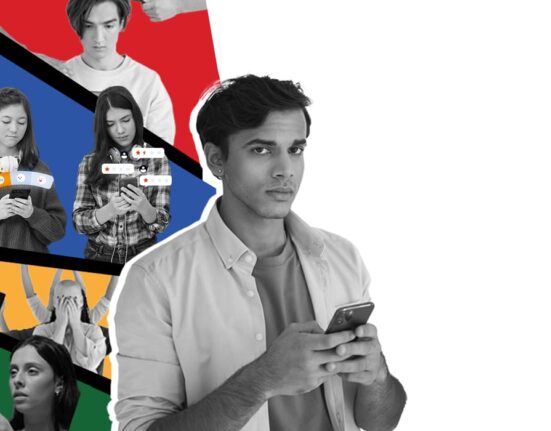Tele counselling helped many clients to step toward mental health
- by Psychologs Magazine
- May 10, 2022
- 0 Comments
- 4 minutes read
- 1409 Views
Shailaja, a Surat resident, contacted a Mumbai-based psychiatrist for an online appointment in April 2021, seeking relief from periodic sobbing bouts and the poor mood she had been experiencing for the previous ten years. Because of the stigma associated with mental health difficulties, the former bank official claimed she felt uncomfortable visiting a psychiatrist’s facility. When I saw my family physician via video conference last year for a cough and cold, he urged me to see a psychiatrist because he thought I was depressed. He urged me to seek help, stating that because it was online, I wouldn’t have to worry about others finding out and that the decision to seek treatment after the consultation would be mine, said Shailaja, who has had diabetes and hypertension for more than two decades. Similarly, Kshitij, a mechanical engineering student from Chembur, got the confidence to seek aid online without his parents’ knowledge in early 2021. I used to get cold feet during tests while I was in class 12. I was anxious and agitated to the point of getting a temperature. My parents were hesitant to send me to the psychiatrist, claiming that it was a normal occurrence and that there was no need for a consultation or medicine, he explained.
Kshitij claimed he suffered a similar anxiety attack last year when worrying about exams during the pandemic. Covid-19 claimed the life of my close friend’s father. My friend was also hospitalized but has now recovered. Anxiety was triggered by the pandemic scenario as well as concern about tests and the future. I chose to seek help without informing my parents because there was an online consultation option, he explained. Kshitij stated his anxiety and despair subsided after receiving counselling and medicines. While the city has returned to routine, with schools and workplaces reopening and hospitals focusing on non-Covid healthcare, psychiatrists continue to conduct 30-50 percent of their daily sessions through the internet. Shailaja and Kshitij, for example, are among first-time help seekers. According to psychiatrists, the pandemic has been a blessing in disguise, since many apprehensive patients have sought therapy through teleconsultation. There has always been a stigma attached to seeking treatment from a mental health expert. Many people are terrified of society labelling them as mental health patients. With the pandemic and video consultation becoming a viable option, many people like Shailaja and Kshitij have gained the courage to seek help from the comfort of their own homes, according to Dr Avinash Desousa, president of the Bombay Psychiatric Society, who estimates that 30 percent of his daily consultations are still conducted online.
Psychiatrists said they noticed a 50 percent increase in persons seeking help from mental health specialists during the pandemic. According to Dr Desousa, more than 20% of the patients were first-time searchers. Covid-19, according to Dr Milan Balakrishnan, a psychiatrist at Masina Hospital, became an equaliser. Everyone goes through some difficulties. It raised public awareness about mental health. He added that online consultation enabled many people to take the first step toward obtaining expert guidance. The Indian Psychiatric Society (IPS) is currently researching to better evaluate the pandemic’s impact and the availability of online counselling. According to a psychiatrist who is part of the IPS project, “the IPS wants to examine and comprehend the experience of the patients who took video consultation, the reluctance and stigma linked to mental health.” Dr Kumar stated that they will continue to use the hybrid model even when the Covid-19 restrictions are abolished. There were few takers for internet consultations before the pandemic. Offline sessions were not possible during the pandemic, and now it is a hybrid. We have an almost 40-60, 50-50 split between online and offline consultations. He claims that the stigma associated with seeking mental health care has considerably decreased.
Psychiatrists also praise the pandemic for allowing digitally signed prescriptions to be accepted. Because of the epidemic, authorities and pharmacists decided to accept digital prescriptions, which had been long overdue. The prescriptions are scanned and sent in pdf format by email or WhatsApp. Patients who had been on therapy for a long time had to come in person only to get their prescriptions. According to Dr Desousa, many people stopped taking the medication. Dr Harish Shetty, a senior psychiatrist at Dr LH Hiranandani Hospital-Powai, noted that while he conducts 30% of his consultations online, many psychiatrists, like himself, prefer to visit their patients in person. Asymptomatic patients, who live a long distance away, and are comfortable disclosing personal information during an online consultation, as well as those whose prescriptions do not change, can continue to be seen online. Online consultation can also help those who are far away and in a hurry. Patients with symptoms, new patients, those with poor treatment compliance or who want a lengthy one-on-one conversation, and those who are uncomfortable with the online consultation, he said, are candidates for a physical consultation.














Leave feedback about this